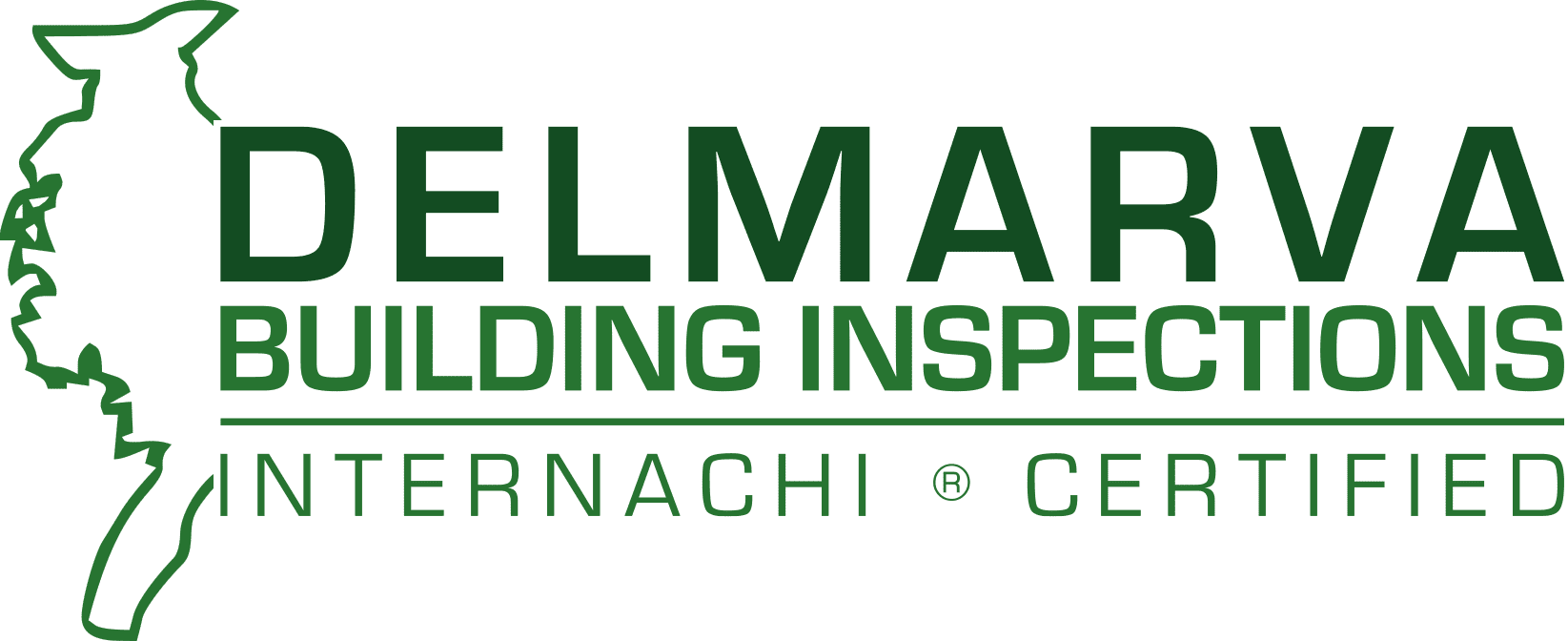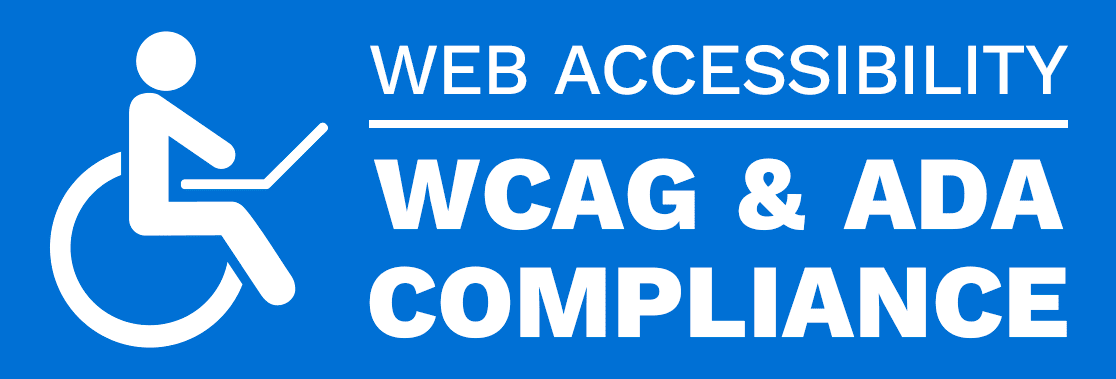Providing a Detailed Report Outlining Any Areas of Concern
When purchasing a home, there are a variety of steps involved in ensuring that the property you’re considering is the right fit for you and your family. Getting a home inspection is one of the most important parts of this process. Home inspections will thoroughly examine the property’s visible and accessible areas, allowing the inspector to identify any potential issues or concerns. From the foundation to the roof and everything in between, a home inspector will assess the condition of the property and provide you with a detailed report outlining any areas of concern.
By providing you with this information, you can make an informed decision about whether or not the property is right for you – and, if so, what kind of repairs or updates you may want to budget for. Overall, a home inspection is an important part of the home-buying process that checks that your investment is a smart one.
Professional Home Inspections Can Provide Peace of Mind
Purchasing a home is a major investment that requires financial commitment and emotional involvement. It’s easy to get swept up in the excitement of finding your dream home and assuming it’s in solid condition. However, an experienced home inspector can uncover hidden issues that could end up costing you more money than you bargained for. Having a professional home inspection can provide peace of mind plus a realistic view of the property you’re considering. Recognize that buying a home involves more than just finding a cozy living space; it’s a financial responsibility that requires thorough due diligence. A home inspection can reveal the true state of the property and allow you to make an informed decision on whether to invest in the property or not.

How Long Should Home Inspections Last?
One of the most common questions homebuyers have when it comes to home inspections is: how long does the process usually take? While the answer may vary depending on the size and condition of the property, a typical home inspection can last anywhere from two to four hours. During this time, a certified inspector will thoroughly examine the home’s interior and exterior, from the roof to the foundation. They will evaluate the condition of key systems, such as the electrical, plumbing, and HVAC, and search for any potential problems that could have an impact on the property’s value or safety. Despite the time commitment, a home inspection provides invaluable insight into the home’s condition and allows buyers to make informed decisions about their investment.
Not All Home Inspections Are the Same – Find Out Why
Although it may seem like a routine part of the process, not all home inspections are created equal, and so understand the process while asking questions. By taking the time to do your research and understand the different types of inspections available, you can ensure that you’re making an informed decision about your new home purchase. Don’t settle for a mediocre inspection – find out why not all home inspections are the same:
1. Size of Home
The size of a home is one of the major factors that will affect the length of time for a home inspection. The larger the home, the more time it will take to inspect all areas of the house, including the interior and exterior components. Additionally, if there are multiple levels or floors in a home, this can also add to the amount of time it takes to complete a thorough inspection.
2. Condition of Home
The condition of a home is another factor that will affect how long it takes to complete an inspection. If there are any obvious signs of disrepair or damage, such as broken windows or crumbling walls, these issues must be addressed before an inspector can move on to other parts of the house. Additionally, older homes may require additional time due to age and potential need for repairs or maintenance.
3. Type of Inspection
The type of inspection conducted will also affect the completion time of your inspection. For example, if an inspector is performing a basic visual inspection only, this process could take much less time than if they were doing a more thorough inspection that includes things like testing electrical systems and plumbing fixtures. Additionally, some inspections may require additional tests or equipment that could add extra time to the process as well.
Prepare Yourself and Have Your Home Inspection Checklist Ready
When it comes to inspections, preparation is key. To ensure that your inspection goes smoothly, there are a few steps that you can take beforehand.
Gather Necessary Documents
Before the home inspection, gather all the necessary documents the inspector may need. This includes any paperwork related to recent repairs or renovations, as well as any warranties or guarantees for appliances and other items in the home. Additionally, if there are any reports from previous inspections, these should be provided to the inspector prior to their arrival.
Clean and De-Clutter
Also, make sure that the home is clean and de-cluttered before an inspection takes place. This will help ensure that the inspector has easy access to all areas of the home and can properly inspect them without being hindered by clutter or debris. It is also a good idea to move furniture away from walls so that they can inspect more thoroughly.
Make Necessary Repairs
Make necessary repairs before the inspection takes place; it could be a time and money saver. For example, if you have broken windows or cracked tiles, fix them before the inspection to avoid potential issues later on.
Prepare Questions for the Inspector
Lastly, homeowners should prepare questions for their inspectors ahead of time so they can get more information about certain aspects of their homes during the inspection process. Some common questions include: What areas should I focus on when making repairs? Are there any safety concerns I should address? Are there any potential problems with my plumbing system? By asking these questions beforehand, homeowners can better prepare themselves for what may come up during an inspection and make any necessary changes accordingly.
Make Sure Your Home Inspection Stays on Track
When it comes to buying a home, the inspection process confirms that the property is safe and in good condition. However, keep the inspection on schedule to avoid delays that can prolong the home-buying process. One way to do this is by being prepared beforehand by making sure that all parties involved are aware of the appointment’s time and date, as well as having all necessary documents and information readily available. Additionally, communicate any scheduling conflicts as soon as possible to avoid rescheduling or canceling the appointment altogether. By taking these steps, you can make sure that your home inspection stays on schedule and moves along smoothly.
What to Look for in a Home Inspector
Ultimately, hiring a building inspector can help you make the right decision on your home purchase and investment. No one wants to buy a house with expensive hidden surprises- and that’s where a home inspector comes in. Delmarva Building Inspectors are trained professionals who will take the time to evaluate every aspect of the house to give you an accurate assessment. Hence, you’re able to make an informed buying decision.
We provide friendly and reliable services while taking into consideration all of your concerns. With their expertise and commitment to quality, Delmarva Building Inspectors will help you get the most out of your purchase. So, if you’re looking for a professional home inspector to examine your future home, don’t hesitate to give us a call today! We are here to serve all of your needs with exemplary service and unbeatable prices!


















